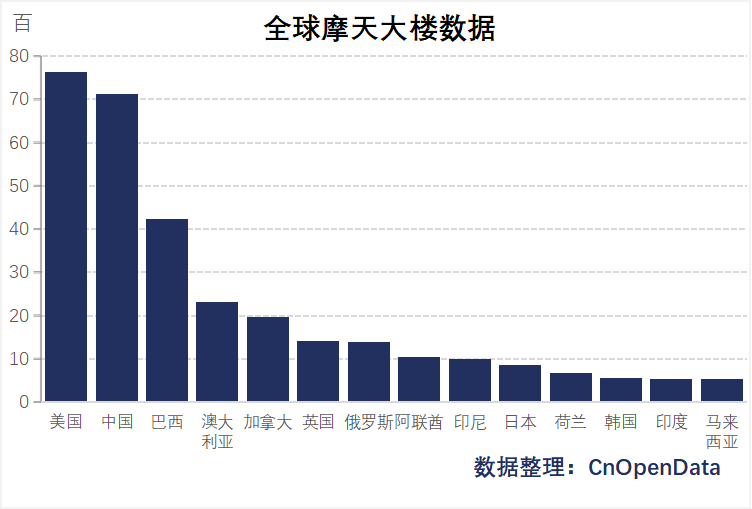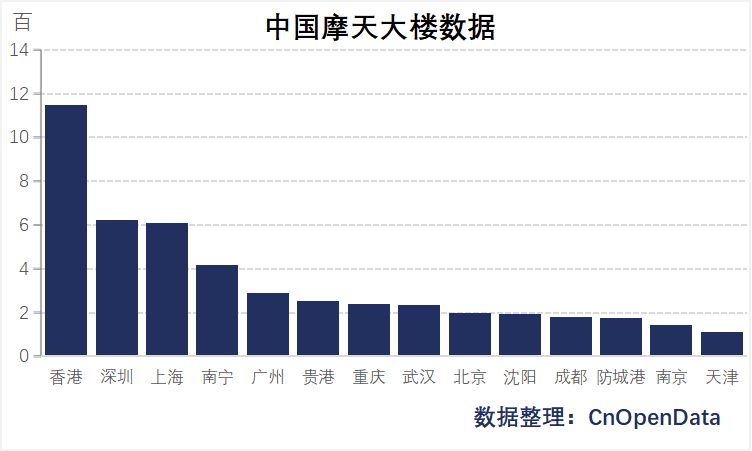With the advancement of architectural technology and urban economic development, skyscrapers have emerged as iconic symbols of modern civilization, with many renowned high-rise structures becoming vital landmarks in their respective cities. The significance of skyscrapers to urban development manifests in three primary aspects:
- Representation of Urban Development Level: As critical components of urban infrastructure, skyscrapers reflect a city's economic strength, technological capabilities, and population density. The concentrated emergence of skyscrapers often coincides with periods of rapid urban expansion and prosperity.
- Embodiment of Urban Cultural Identity: Numerous skyscrapers have evolved into architectural landmarks that align with their cities' cultural heritage and developmental philosophies through distinctive design styles.
- Impact on Sustainable Development: The construction industry accounts for nearly 40% of global energy consumption and process-related CO₂ emissions, making it crucial for achieving "carbon peaking" and "carbon neutrality" goals. Furthermore, skyscrapers significantly influence population density and spatial utilization, directly affecting urban health and sustainable development.
The CnOpenData database compiles comprehensive information on global skyscrapers, including height, floor count, official building name (建筑官方名称), building type (建筑类型), construction status (建造状态), country (所在国家), city (所在城市), address (地址), postal code (邮政编码), function (功能), full building name (建筑全称), official website (官网), alternative names (其他名称), estimated completion date (预计完工时间), structural materials (结构材料), completion year (完工时间), energy efficiency rating (能级), current function (当前功能), original function (原始功能), and more. This dataset provides robust support for research on architectural technology, urban development, and population agglomeration.
Data Scale


Field Display
Sample Data
Global Skyscraper Information Table
Chinese Skyscraper Information Table
References
- Li Songlin, Liu Xiuyan, Wang Qiao, 2023: "Agglomeration and Innovation: Evidence from Skyscraper Construction," China Economic Quarterly (经济学), Vol. 2.
Data Update Frequency
Annual Updates
